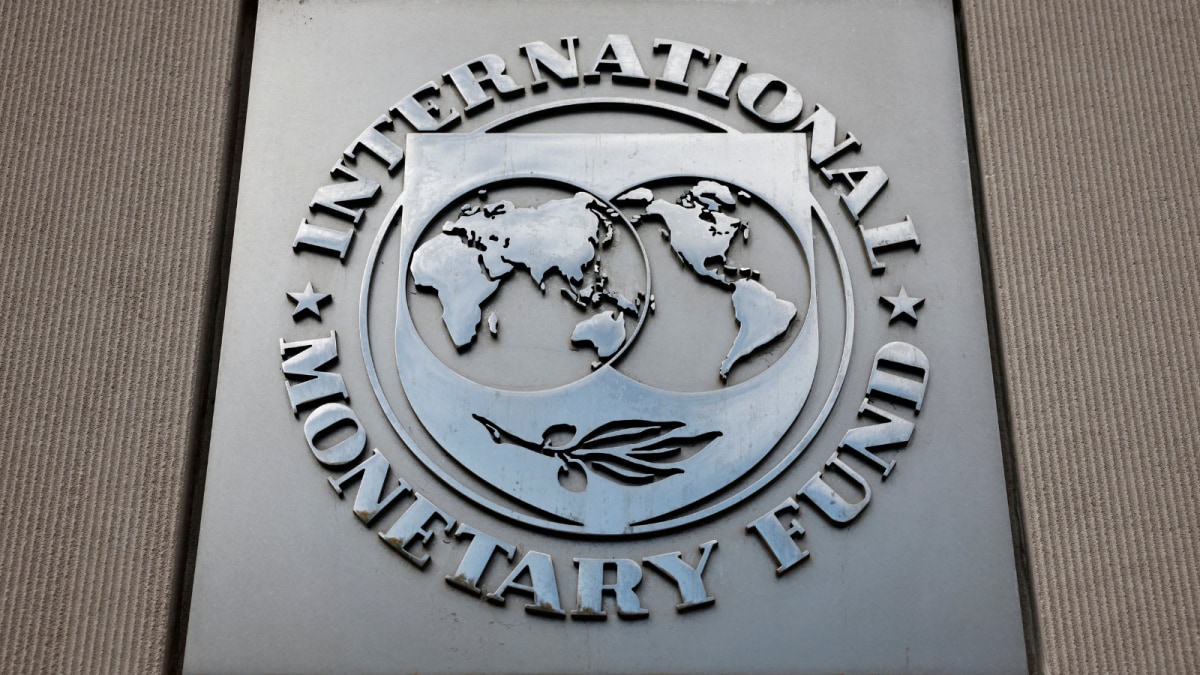Last Updated:May 12, 2025, 14:33 IST
While India expressed strong objections over potential misuse of the IMF funds by Pakistan, it stopped short of voting against the bailout. Here’s why

Pointing out that rewarding continued sponsorship of cross-border terrorism sends a dangerous message, India abstained from voting. (Reuters)
In the middle of a heightened conflict with India last week, cash-strapped Pakistan managed to secure a loan of $1 billion from the International Monetary Fund (IMF). India registered its protest at the board of IMF, but abstained from voting at the crucial meeting, leading to the question – why did India abstain from voting in the middle of war-like conditions with Pakistan instead of voting ‘no’?
How Much Additional Loan Did Pakistan Get?
The loans, totalling $2.3 billion, were approved under the Extended Fund Facility ($1 billion) and the Resilience and Sustainability Facility ($1.3 billion).
The Washington-based global lender allowed for immediate disbursement of the $1 billion loan, bringing total disbursements under the Extended Fund Facility (EFF) arrangement with Pakistan to $2.1 billion.
In addition, the IMF Executive Board approved the request for an arrangement under the Resilience and Sustainability Facility (RSF), with access of about $1.4 billion.
Why India Abstained Instead Of Voting ‘No’?
India has consistently raised concerns over the efficacy of IMF programmes in the case of Pakistan, given its poor track record, and also on the possibility of misuse of debt financing funds for state-sponsored cross-border terrorism.
New Delhi had also opposed the fresh loans of $2.3 billion to Pakistan, saying they could also be misused for financing state-sponsored cross-border terrorism.
According to Indian government sources, India abstained from the vote because IMF rules do not permit a formal ‘no’ vote. They added that the rules allow either any of the 25 directors, who represent member countries or groups of countries, to vote in favour of a proposal or abstain to show their disapproval.
Moreover, the IMF operates on a consensus-based model, and major shareholders like the US, EU countries, China, as well as India typically prefer broad agreement over confrontation.
The consensus-based approach of the IMF means that hostile voting is rare and can lead to diplomatic isolation or perceived disruptions in global financial stability. India, aiming to establish itself as a responsible global player, refrained from voting against Pakistan to avoid destabilising regional stability. India also recognises the potential consequences of a collapsing Pakistani economy, including increased militancy and refugee flows that could destabilise neighbouring regions.
India requested that the IMF ensure the funds are not allocated to Pakistan’s military or used to repay other loans, particularly from China. This stance aligns with India’s broader strategy of exerting economic pressure through diplomatic channels rather than direct opposition. The IMF has been urged to implement strict monitoring to ensure the funds are not diverted to cross-border terrorism or military expenditure.
Would A ‘No’ Vote From India Block The Loan?
No, India voting against it would not have stopped the loan, because other countries would have voted in favour. The US has a 16.5% stake in the IMF. The EU collectively has about 25-30% stake. India has only around 2.7% stake. India could have certainly voted no, but it would have been diplomatically costly.
India has been working to position itself as a neutral and stabilising force in global economic and geopolitical forums such as BRICS, G20, SCO and the IMF, aiming to avoid being perceived as a minor adversary on the international stage.
India’s approach reflects a careful balance: by abstaining from the IMF vote, it signals disapproval without direct opposition, seeks to influence terms and conditions quietly and avoids moves that could further destabilise the region.
First Published:
Read More

